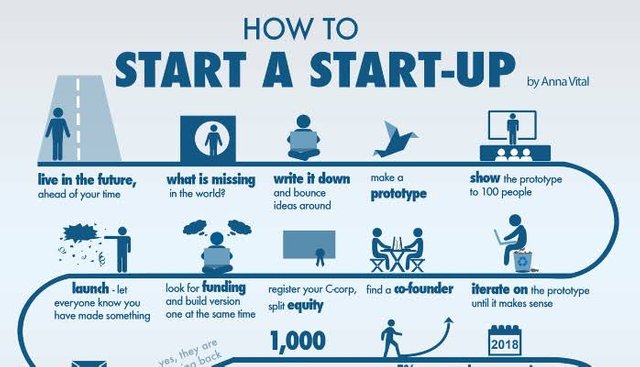Starting a tech startup as a non-technical person can be challenging but entirely feasible with the right approach. Here’s a step-by-step guide to get you started:
Identify a Problem: Start by identifying a problem that you are passionate about solving. This problem should ideally have a market demand and be something you can articulate clearly.
Validate Your Idea: Conduct thorough market research to validate your idea. Talk to potential customers, industry experts, and stakeholders to understand if your solution addresses a genuine need.
Build a Strong Team: Since you're non-technical, your first step should be to find a technical co-founder or hire a tech team. Look for individuals who share your vision and are skilled in the technologies needed to build your product.
Create a Prototype or MVP: Work with your technical team to develop a Minimum Viable Product (MVP) or a prototype. This is a basic version of your product that allows you to test your assumptions in the market with minimal resources.
Focus on Design and User Experience: Invest in good design and user experience (UX/UI). Even with a basic product, usability and aesthetics can significantly impact user adoption and satisfaction.
Iterate Based on Feedback: Launch your MVP to a small group of users and gather feedback. Use this feedback to iterate and improve your product continuously.
Understand the Technology: While you may not be a coder, understanding the basics of the technology stack your product is built upon can be immensely helpful. It allows you to communicate effectively with your technical team and make informed decisions.
Learn Business Development: As a non-technical founder, your role might lean towards business development, sales, marketing, and customer acquisition. Develop skills in these areas to grow your startup.
Network and Seek Mentorship: Build a network within the startup community. Attend events, join incubators or accelerators, and seek mentorship from experienced entrepreneurs who can provide guidance and support.
Stay Resilient and Persistent: Building a startup is challenging, and setbacks are common. Stay resilient, learn from failures, and adapt your strategies based on the lessons you learn along the way.
Starting a tech startup as a non-technical founder requires leveraging your strengths in vision, leadership, and business acumen while surrounding yourself with a capable technical team. With dedication and persistence, you can overcome the initial hurdles and build a successful venture.
